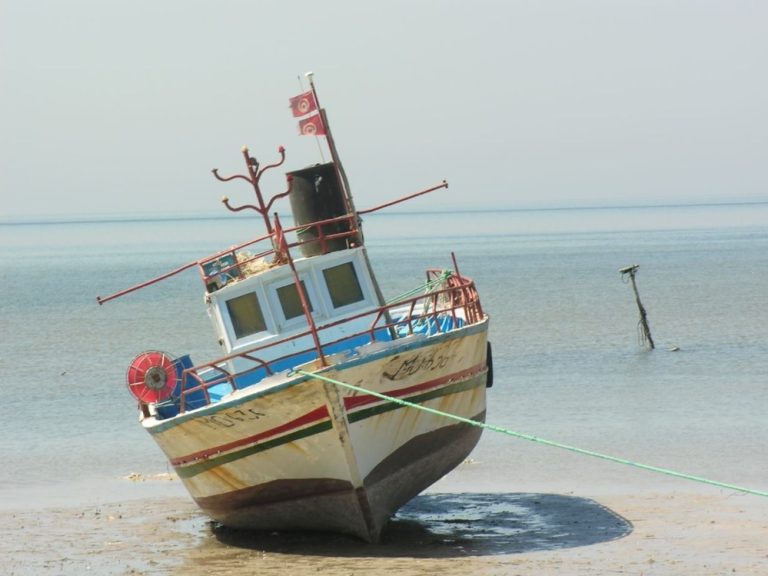The president of the association « Roots and Sustainable Development » (RDD), Samir Meddeb, spoke on Wednesday, April 17, 2024, about the need to promote the blue economy to address the overexploitation of coastal areas and marine resources.
He also called for engaging in a blue economy logic, which he emphasized as an imperative opportunity to address the current paradox of undervaluing the socio-economic and natural capital of coastal and marine areas.
« Blue economy will also alert us to the risks faced by this natural and socio-economic capital due to climate change and will guide us on avenues to mitigate these risks, » he added, at the opening of a National Dialogue on the Blue Economy organized at the City of Sciences in Tunis by the RDD association in collaboration with the United Nations Environment Programme.
On this occasion, he presented a report on the state of the blue economy in Tunisia and Tunisian socio-economic activities along the coast, prepared by his association.
Around 16% of GDP
The report highlights that several activities related to the sea and coastline are emerging significantly in Tunisia today. Together, these activities represent nearly 16% of GDP.
Leading among them is coastal tourism, which alone exceeds 13% (including related tourism services). Fishing and aquaculture, offshore oil and gas extraction, and maritime transport account for 3% of GDP. On the other hand, coastal development leads to pressures on the coast and marine environment: pollution, coastal erosion, and ecosystem degradation.
« All of these activities, however, use coastal and marine resources and generate environmental nuisances, sometimes threatening the sustainability of marine and coastal ecosystems. We speak of a blue economy when all of these activities are reconciled with the environment and natural habitats while ensuring economic and social sustainability, » he said.
He further ensured that « The blue economy is thus an efficient economy in terms of natural resource use, based on sustainable consumption and production patterns, while promoting human well-being and social equity. Above all, the blue economy must significantly reduce environmental risks and ecological scarcities, » according to his statements.
For a « comprehensive and cross-cutting strategic vision »
On another note, the official emphasized that « the National Dialogue on the blue economy aims to emphasize existing opportunities to propel, diversify, and valorize coastal and marine socio-economic activities, as well as persistent challenges and obstacles at the legal and institutional levels, in terms of marine and coastal capital knowledge, compared to controlling pollution, particularly of terrestrial origin, and in terms of resource management practices and modes. »
« The results of this dialogue will be synthesized into a strategic note to be submitted to various stakeholders (authorities, civil society, media, professionals…) to serve as a basis for a roadmap for promoting the blue economy in Tunisia, » he concluded.
For his part, Mounir Majdoub, expert and lead author of the report on the state of the blue economy in Tunisia, estimated that « to address these challenges and better seize opportunities, there is a need for agreement on a comprehensive and cross-cutting strategic vision so that economic activities carried out on the coast and at sea are sustainable and inclusive. This vision must also identify innovative activities to be developed to support the blue economy, the instruments and public policies to be deployed, and the governance framework to be established.




